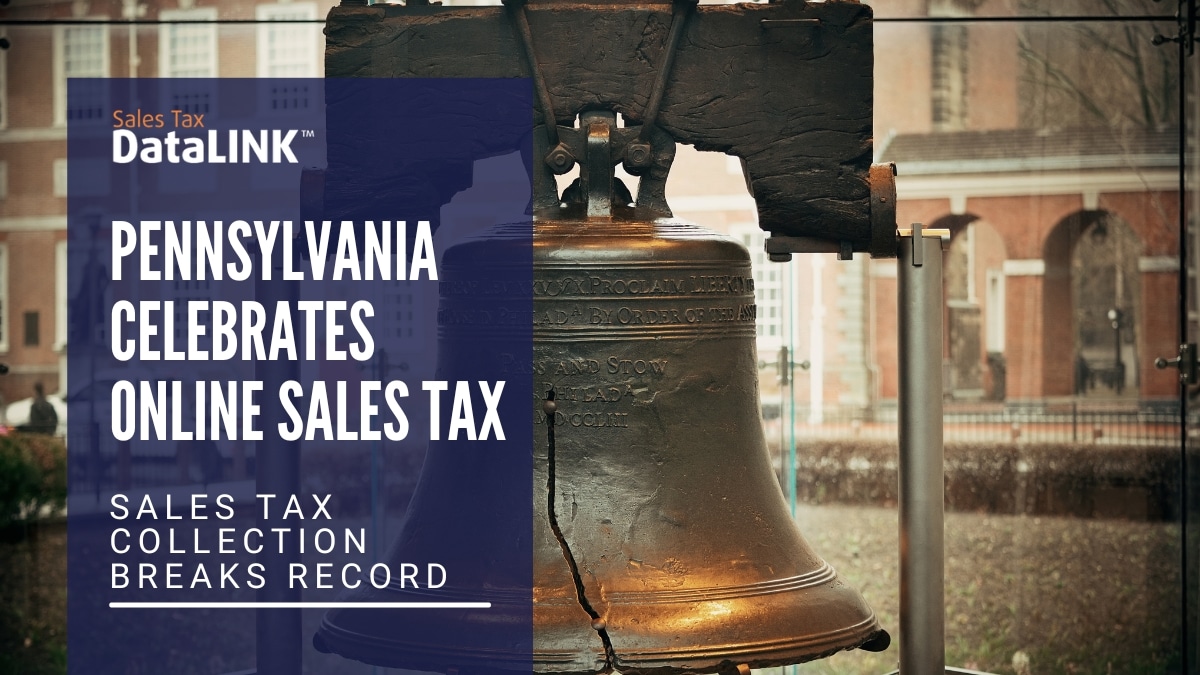Pennsylvania’s Successful Implementation of Online Sales Tax
The Supreme Court decision known as Wayfair allowed states to force online sellers to collect and file sales taxes, even if they have no physical presence in the state. It’s been a rocky road for some states, but Pennsylvania is feeling pretty good right now.
Their fiscal year just ended and they’ve gotten new figures showing how much sales tax they collected. They’ve broken records, and they hadn’t realized just how plush their sales tax collection was last year. They took in a billion more dollars in taxes than they expected. Part of that was from remote sellers. They thought their new online sales tax rules would bring in about $50 million, but it actually came to $151 million.
And Pennsylvania already had some sale tax collection from remote sellers going on. Since 2018, people who sold goods in virtual marketplaces like eBay, Amazon Marketplace, or Etsy have had to remit taxes to Pennsylvania. The state’s Marketplace Sales Act required anyone who sold $10,000 a year in Pennsylvania to register with the state and collect sales tax.
Alternatively, sellers could send a use tax statement to their customers at the end of the year. But State Revenue Secretary Dan Hassell wasn’t shy about explaining the state’s thinking on that to The Morning Call. “What we are hoping for,” he said, “is that the companies will start to collect the tax. They will see this is a lot of trouble — ‘We don’t want to bother our customers with this, it will be easier just to remit the tax on their behalf.’”
After the Wayfair decision, Pennsylvania just expanded its definition of online sellers. They also upped the threshold from $10,000 to $100,000 per year, putting their law in line with other states, and with the Supreme Court decision. The new law went into effect on July 1st of this year.
Pennsylvania counts all sales, taxable and nontaxable, in its threshold. This means that a manufacturer with wholesale revenue of $95,000 and direct-to-consumer sales of just $5,000 will have to register and file. They won’t have to collect and remit sales taxes on the $95,000 they sold to Pennsylvania retailers, but they will have to comply with sales tax regulations for the $5,000 they sell directly to consumers.
For example, imagine a company that makes sports boats. They normally sell their boats through retail distributors. But they allow consumers to buy replacement cushions and hardware through their website. If their combined wholesale and retail sales to Pennsylvania total $100,000 in a calendar year, they must deal with the sales tax on their retail sales, however small that amount may be.
We hear from some manufacturers that this kind of situation makes them want to stop selling to consumers. That $34.95 oil pressure gauge sale is a service to their boat owners, not an important profit center. The inconvenience of registering, collecting, and filing taxes can be enough to tip the balance.
Fortunately, Sales Tax DataLINK has a simple solution with a predictable price. From our patented software to our complete outsourcing services, we make it easy to comply with the new sales tax requirements. In Pennsylvania, or anywhere in the nation. Contact us now to find out just how easy it can be.




